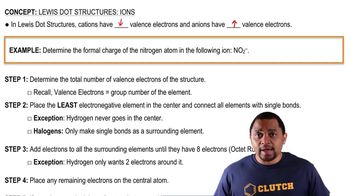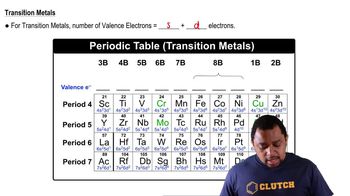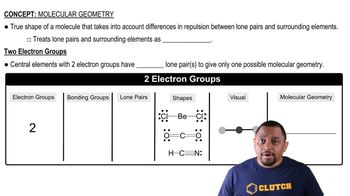Textbook Question
Write the Lewis structure for each molecule. a. SF2
745
views
 Verified step by step guidance
Verified step by step guidance



Write the Lewis structure for each molecule. a. SF2
Write the Lewis structure for each molecule. b. SiH4
Write the Lewis structure for each molecule. d. CH3SH (C and S central)
Determine if a bond between each pair of atoms would be pure covalent, polar covalent, or ionic. a. Br and Br
Refer to Figure 10.10 to estimate the percent ionic character of the CO bond.
Draw the Lewis structure for BrF with an arrow representing the dipole moment. Refer to Figure 10.10 to estimate the percent ionic character of the BrF bond.